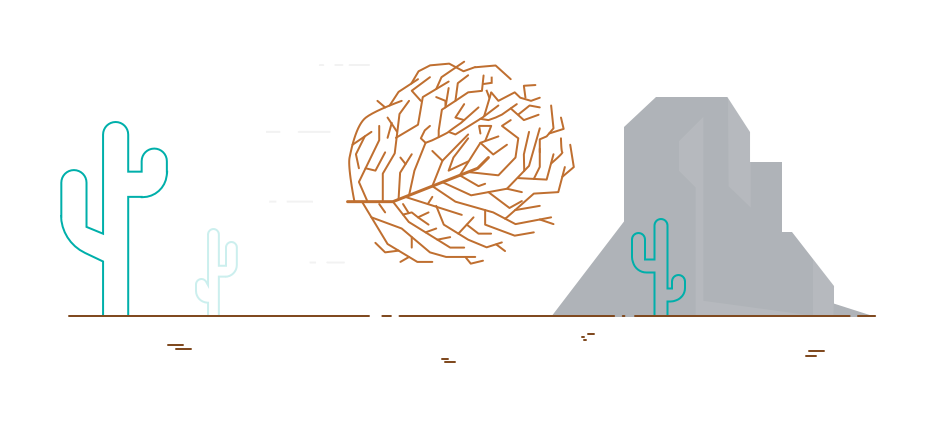alugha goes podcasts
Thanks to alugha, it is now possible to listen to podcasts, to enregister them as well as to trancribe and to multilingualise them
Romanian is a special Romance language. The reason why it is so and how it is related to the Republic of Moldova and a song from 2004 is explained here.
Read this article in: Deutsch, English, Français
Estimated reading time:4minutesAdmittedly, the occasion for this article is a bit embarrassing. There was a song that got stuck in my head. The special thing about catchy tunes is that they can stay in your head even if you think the song is stupid. That's what happened to me when I had the summer hit of 2004 stuck in my head. It is the song "Dragostea din tei" (Love under the lime tree -- a bit obscene) by the group O-Zone. If you want, you can listen to the song at your own risk. In the Western world, the lyrics of the song were rarely understood and only by a few people. Many did not even know what language it was in. I'll clear things up a bit here.
The song is sung in Romanian. Romanian is a Balkan Romance language spoken mainly in Romania, but also in the Republic of Moldova, where the group O-Zone comes from. More on this later. The origin of the Romanian language area has not yet been fully clarified.
It is possible that the language area spread from the province of Roman Dacia. This was not conquered until 107 AD under Trajan and then abandoned by Rome at the end of the third century. All the theories about the origin of the Romanians and the Romanian language are not completely conclusive. However, it should be noted that Romanian is sometimes very different from other Romance languages, which is due to the fact that Romanian developed in a more isolated way than other Romance languages. The contact with other languages is also different from that in the other Romance languages. Thus, Romanian had contact with Hungarian, German, Russian or, in Moldavia, with Gagauz or Ukrainian, or generally with other languages of the Balkan Sprachbund (the concept of Sprachbund is controversial and will not be elaborated on here).
Romanian texts have only been found since the 16th century. Before that, Church Slavonic was the written and cultural language, not least because the Romanian-speaking area belonged to the Orthodox Church. The first Romanian texts were also written in the Cyrillic alphabet. It was not until the 18th century that there was a growing awareness that Romanian had developed from Vulgar Latin, and so in the course of the 19th century, the graphic alphabet was changed to the Latin alphabet.
A special feature of Romanian is that it is the only Romance language in which case inflection is still preserved. It actually has five cases: nominative, genitive, dative, accusative and vocative. However, it is still unclear whether the case inflection in Romanian has developed directly from Latin or is a new formation. Furthermore, Romanian is the only Romance language that has a neuter. Another peculiarity of Romanian compared to other Romance languages is that the definite article does not precede the reference word, but is added at the end as an encliticon.
The Republic of Moldova is a state in south-eastern Europe. It should be said in advance that there is, of course, much more to say about this state. This is really only a very, very brief insight. The official language is Romanian. For separatist reasons, the government introduced the designation "Moldovan language" in 1994, but it has not been used since 2013. In linguistics, it is disputed whether it is actually a language in its own right or a variety of Romanian (but I have already mentioned several times that this is generally not so simple). A few features of this variety compared to the Romanian spoken in Romania are neologisms borrowed from Russian, whereas in Romania these tend to be borrowed from English or French. Initially, Moldovan Romanian was written with Cyrillic letters. After the collapse of the Soviet Union in 1989 and independence in 1991, the alphabet was changed to Latin. In the Republic of Moldova lies the territory of Transnistria, which is not recognised de jure as a separate state. However, this region is a breakaway from the republic and still writes Moldovan using the Cyrillic alphabet.
Many speakers in the Republic of Moldova also know Russian. However, it is an official language only in Gagauzia, where Gagauz, a Turkic language, is also an official language. In Transnistria, Russian is also an official language alongside Ukrainian. In many cities, Russian is omnipresent in everyday life and in the economy.
From these examples we have seen that most speakers of Romanian are multilingual. Especially in the Republic of Moldova. The languages with which Romanian clashes come from very different families. An example of living a multilingual life.
By the way, there are better songs in Romanian. One of them is embedded.
#alugha
#everyoneslanguage
#multilingual
Sources and further reading:
Gabriel, Christoph & Meisenburg, Trudel (2007): Romanische Sprachwissenschaft, Paderborn: Wilhelm Fink
https://de.wikipedia.org/wiki/Dragostea_din_tei (14.07.2021, 16:04)
https://de.wikipedia.org/wiki/Republik_Moldau#Sprachen (14.07.2021, 16:01)
https://de.wikipedia.org/wiki/Rum%C3%A4nische_Sprache (14.07.2021, 16:02)
https://de.wikipedia.org/wiki/Transnistrien (14.07.2021, 16:00)
https://en.wikipedia.org/wiki/Romanian_language (14.07.2021, 16:02)
https://www.dw.com/de/republik-moldau-25-jahre-unabh%C3%A4ngig/a-19505679 (14.07.2021, 16:00)
https://www.dw.com/de/sowjet-kult-und-pragmatismus-in-transnistrien/a-17527498 (14.07.2021, 16:00)
https://www.dw.com/de/transnistrien-eine-offene-wunde-im-osten-europas/a-48717307 (14.07.2021, 16:00)

Thanks to alugha, it is now possible to listen to podcasts, to enregister them as well as to trancribe and to multilingualise them
Podcasts enjoy great popularity. However, you still don't find transcripts for them that often. But why do you actually need a podcast transcript? And how do I create one?
The year 2023 has started and the alugha team wishes you a happy, healthy and successful new year. We also have a tip for you: start your year multilingually!